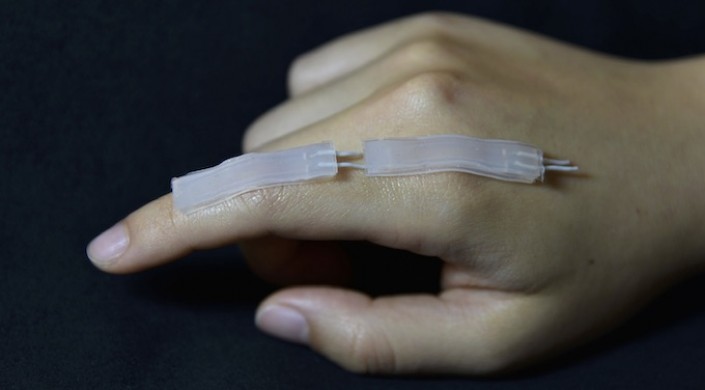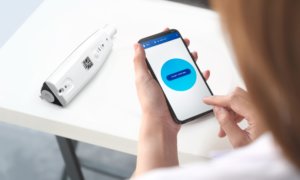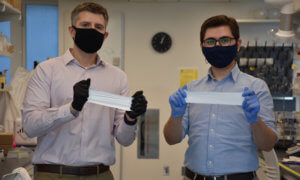Harvard University researchers have developed a non-toxic, wearable soft sensor that can be attached to someone’s hand and is able to measure how strong a grasp is and the motions of the hands and the fingers.
The Harvard John A. Paulson School of Engineering and Applied Sciences collaborated with The Wyss Institute for Biologically Inspired Engineering, the Beth Israel Deaconess Medical Center and the Boston Children’s hospital to create the sensor, which is, basically, a non-toxic and highly conductive liquid solution.
According to the scientists, the liquid is no more dangerous to humans than a drop of salt water would be and that is is four time more conductive than other biocompatible solutions that had been taken into account.
The solution is made from a common dietary supplement: potassium iodine and glycerol which we can often find being used as a food additive. When the two components come together, the glycerol breaks down the structure of the potassium iodine forming potassium cations and iodine ions, which are basically what turn the liquid conductive.
The sensor can be used on children born prematurely that might have early developmental disorders and highly sensitive skin and can provide the medical professionals with accurate information without affecting the child’s sensitive hands.
The research has been published in Advanced Functional Materials.
Follow TechTheLead on Google News to get the news first.























